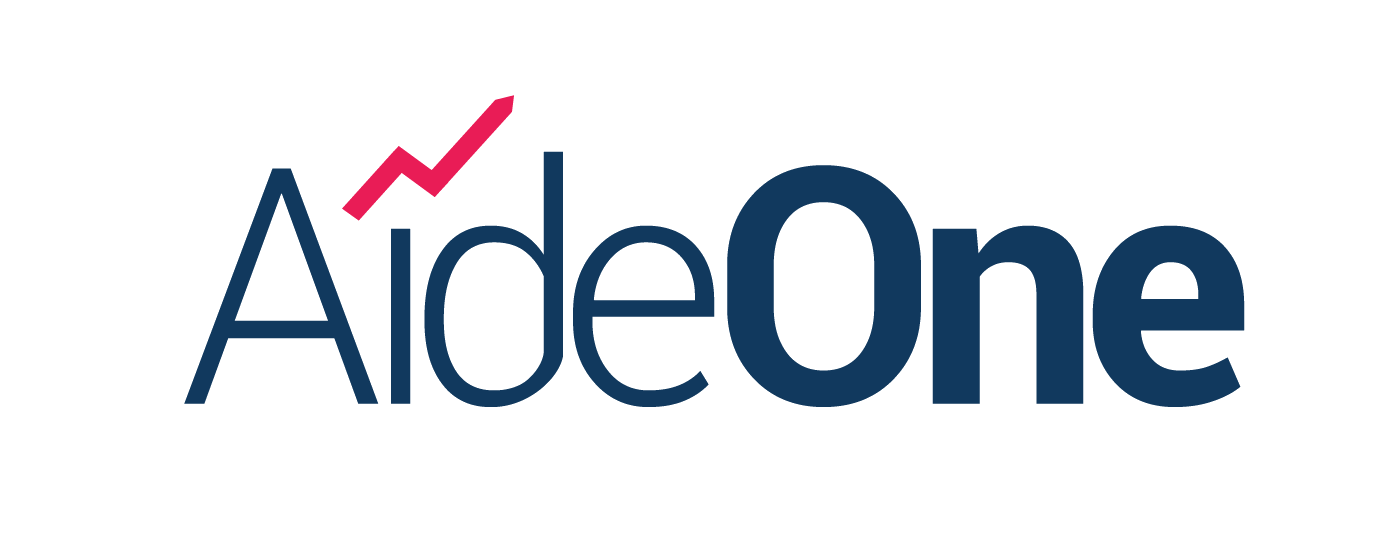From the articles
Finance Department - More than a "Support Function"

In our ever growing dynamic business world, it is essential for the finance function to evolve from been a mere “support function” to a strategic business partner. For any business to succeed, a rethink of their finance department is necessary to address changing priorities and escalating stakeholders’ requirements.
Hence, it will be helpful to think of Finance as being divisible - “Support” and “Strategic”, with both coming together to fulfill the business objective. When Finance begins to think like the Business owner, then you have got a ‘strategic partner” indeed. This can be done without necessarily increasing headcount. It is about transforming your finance department to meet these objectives.
The Traditional Support functions of a good finance department includes:
1. Bookkeeping and Payables/Receivables
Bookkeeping is the most basic financial activity in a company. Before a business owner ever considers hiring a CFO, they bring in a bookkeeper, who tracks all of the transactions in the organization, covering both sales and expenses. As the organization grows, they might hire more specialized payables and receivables clerks, to take over functions such as corresponding with vendors and suppliers, above and beyond recording transactions.
2. Financial Reporting and Control
Financial Reporting and Control is the function that takes raw accounting entries and transforms them into usable and comparable financial statements. Requiring far more judgment than the bookkeeper’s role, this function involves everything from ruling on how to implement accounting principles to designing financial processes of the organization, selecting accounting systems, liaising with external auditors, and ensuring that there are no gaps or oversights in existing processes.
3. Tax and Compliance
Running a business involves paying tax, and paying tax means doing a lot of calculations and filling out a lot of forms. Often using the financial statements as a basis, along with various other configurations of the information produced by Bookkeeping and Payables/Receivables, the Tax and Compliance function will make sure all of the government forms and filings are sent complete and on-time to the taxman. A strong Tax and Compliance function will go one step beyond simple compliance, and will find ways to minimize tax, so as to maximize the company’s net income.
Now, beyond the traditional functions, your finance department should adopt more Strategic functions that will help decision makers to make informed decision.
4. Strategic Planning and Financial Planning & Analysis
This function, “FP&A” for short, is the true bridge between the Past and the Future. FP&A regularly creates strategic and financial plans that forecast what financial results (sales and expenses) will look like in future periods. Then, they compare actual results—prepared with the assistance of the Financial Reporting and Control function—to determine areas where the business can improve. With this “variance analysis” complete, they can then prepare more accurate forecasts for the future.
5. Treasury & Working Capital Management
The key role of Treasury is to make sure that the company doesn’t run out of cash. This means, among other things, forecasting the upcoming working capital (receivables, payables and inventory) needs of the company, investing surplus cash in short-term instruments to generate modest interest income, and managing currency risk.
6. Capital Budgeting
Capital Budgeting is the function responsible for selecting between the various uses of capital, or capital projects. After all, most organizations will have money available to invest in the business, with the hopes of either growing sales or reducing expenses. But the opportunities for spending typically exceed the amount available to spend, so Capital Budgeting develops business cases to evaluate and identify the most effective projects. A strong Capital Budgeting function will not only forecast project benefits, but will also track these benefits over time to determine whether the use of capital was as effective as originally anticipated.
Conclusion
There are still some other strategic finance functions as the business grows bigger, however the focus is every business owner must build a Finance department that is a strategic partner for the overall fulfillment of the purpose of the business.

